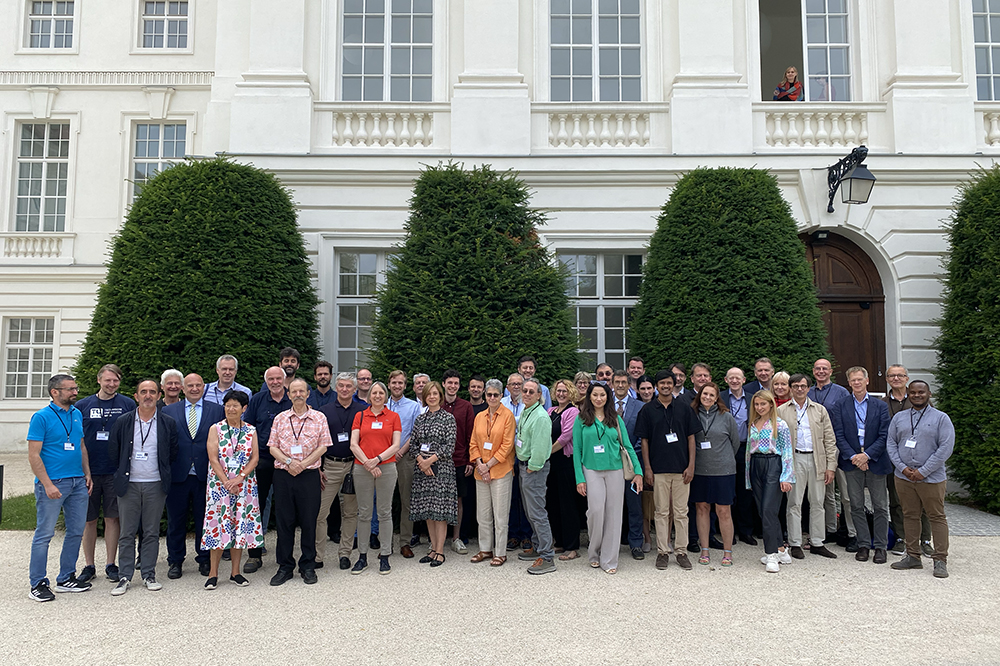Digital Humanism Summit Launches Global Grassroots Response to Generative Artificial Intelligence Challenges
To address these concerns, OSUN’s Hannah Arendt Humanities Network (HAHN) recently convened its Digital Humanism Summit on AI and Democratic Sustainability at the Institute for Human Sciences in Vienna, gathering over fifty computer scientists, AI specialists, and multidisciplinary scholars from more than 20 countries so they could examine together the various challenges AI poses to democracy. The Institut für die Wissenschaften vom Menschen (IWM) and TU Wien also worked with HAHN to coordinate the summit.
“Understanding the European Union’s pioneering contributions to the regulation of technology innovations was a point of departure (at the summit) for thinking about channeling AI in the public interest,” says Allison Stanger, summit co-organizer, professor of economics at Middlebury College in the US, and founding member of the Digital Humanism Initiative in Austria.
While partners in Europe shaped the programming of the summit, free-wheeling dialogue generated by OSUN participants contributed a range of voices to the discussion. “Most importantly, this network of digital humanists represents a formidable grassroots advocacy force, should disaster strike,” adds Stanger.
The program culminated in the public presentation of summit discussion points and a working statement of recommendations compiled by attendees. The statement highlighted the fact that unregulated generative AI is a clear and present danger to democratic sustainability and that it poses a threat to individual and political freedoms. It also stressed that any advocacy addressing the full range of challenges that AI presents should center the public’s voice, as opposed to only that of the already powerful.
“I think this was a very rare opportunity to gather people from both the humanistic areas in science and human rights and activism and people who have a deep technological knowledge of AI research, and have them talk to each other. That doesn’t happen very often,” says participant Andrés Paéz of the Universidad de los Andes in Colombia, in a short video about the summit.

Over fifty computer scientists, AI specialists, and multidisciplinary scholars from more than 20 countries gathered in Vienna for the Digital Humanism Summit on AI and Democratic Sustainability to examine the challenges AI poses to democracy. Photo by Hillary Harvey.
The summit’s statement of regulatory recommendations captures the group’s anxieties about AI-related threats, particularly as they relate to the integrity of democratic elections and public discourse. “The statement nicely stresses the confusion we are entering, the importance of thinking about power being in the hands of a few enormous corporations, and the importance of thinking about surveillance by non-democratic states,” says participant Renata Salecl of the School of Law at Birkbeck College in the UK.
“One of the main conclusions from this meeting is that we all have the same problems. The way that elections run, the way that data is used, is common to the Global North and to the Global South,” says Paéz. “But in the end, it’s not exactly a North-South issue; it’s a global issue that has been enriched with those perspectives that we saw here.”
Learn more and watch a video about the Digital Humanism Summit here.
Post Date: 08-22-2023